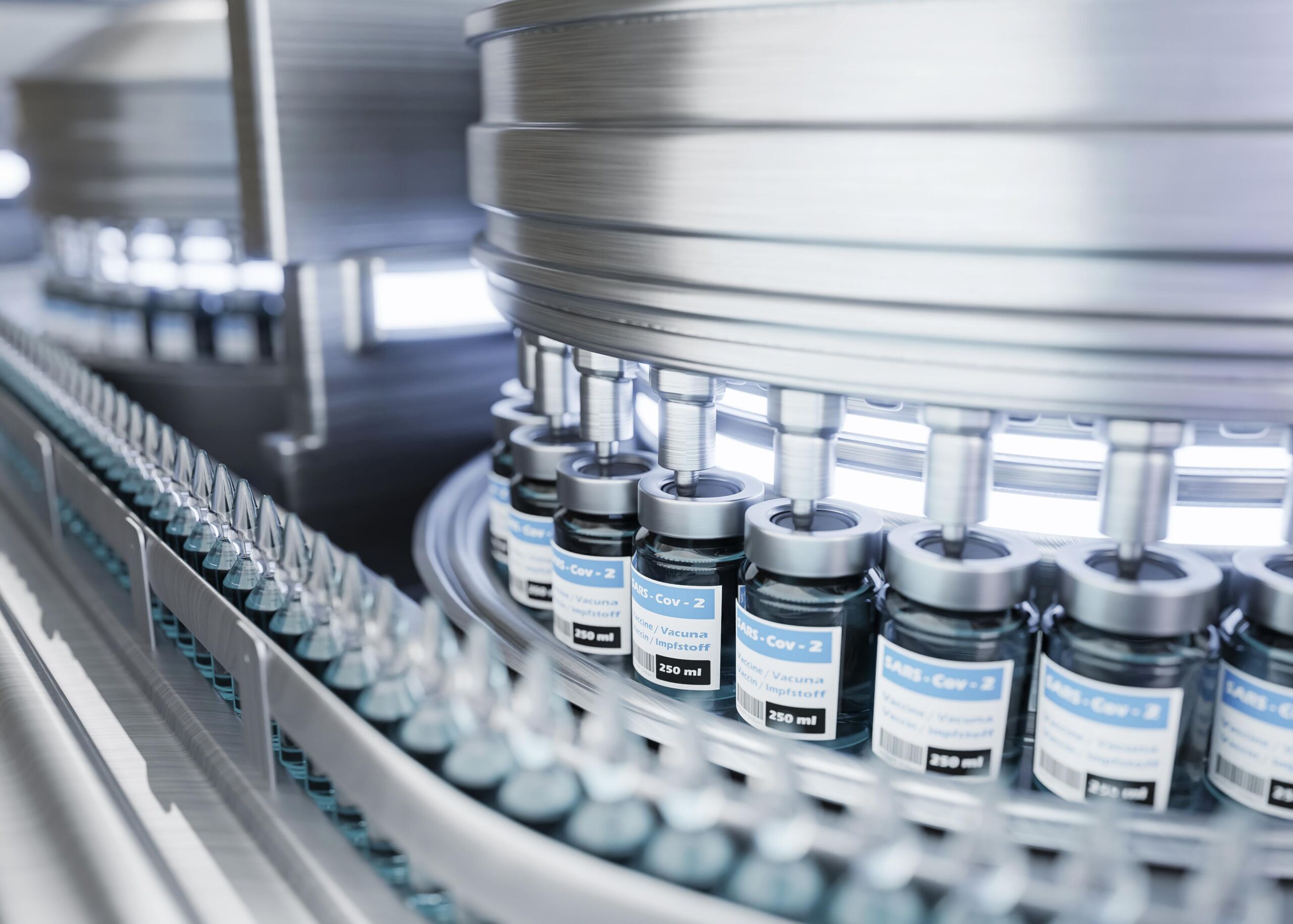The Cold Chain Crisis: How Pharma Companies Can Prevent Spoilage and Loss
Pharmaceutical supply chains are under more scrutiny than ever before. Among the most fragile elements is the cold chain: a temperature-controlled logistics process critical to preserving the efficacy of vaccines, biologics, cell and gene therapies, and other temperature-sensitive drugs. As global demand for high-value biologics surges, so too does the complexity of ensuring these products arrive safely, uncompromised, and compliant with strict regulatory requirements.

In recent years, a series of high-profile spoilage incidents have made headlines, costing manufacturers millions, delaying treatment rollouts, and eroding public trust. According to the World Health Organization, up to 50% of vaccines are wasted globally every year, largely due to inadequate temperature control, logistics, and shipment-related issues.
Understanding the Vulnerabilities
Cold chain failures can occur at any point in the journey — from manufacturing and storage to packaging, transportation, and final delivery. The smallest deviation from the required temperature range can render a product unusable, even if the issue goes undetected until arrival.
Common contributors to spoilage include:
- Manual temperature logging or inconsistent monitoring
- Gaps in shipment visibility across third-party logistics providers
- Delays in identifying excursions or device malfunctions
- Lack of integration between warehouse, ERP, and monitoring systems
For life sciences companies, the consequences extend beyond financial loss. Non-compliance with regulations like FDA 21 CFR Part 11, EU GDP, or WHO Annex 9 can result in fines, loss of licenses, and damage to brand reputation.
Strategies for Strengthening the Cold Chain
To mitigate these risks, pharma manufacturers are re-evaluating their cold chain protocols through a more proactive and integrated lens. Leading strategies include:
- Real-time temperature monitoring using validated IoT sensors
- Predictive analytics to identify at-risk shipments before spoilage occurs
- Automated alerting systems that trigger interventions during transit
- Improved handoff processes between logistics partners
- Enhanced traceability that links each batch to a complete digital audit trail
Collaboration across supply chain partners is essential. So too is an investment in digital transformation — not simply for visibility, but for actionable insights.
How SmartSpace® Helps Reduce Cold Chain Loss
While many monitoring solutions stop at data collection, Ubisense’s SmartSpace® platform enables operational teams to take immediate, contextual action. SmartSpace® isn’t just about seeing what’s happening; it’s about understanding why it’s happening and what to do next.
Within the pharmaceutical cold chain, SmartSpace® provides:
- Real-time location tracking of assets and materials throughout the facility and handoff points
- Context-aware alerts when temperature excursions or delays occur, tied to the exact location and asset involved
- Integration with existing ERP/WMS systems to ensure cold chain conditions are linked to inventory and batch data
- Compliance support by automatically creating validated audit trails for GMP and GDP environments
By creating a digital twin of the environment and assets, SmartSpace® allows manufacturers to detect and act on issues before spoilage occurs, not just after.
To learn more about how Ubisense supports life sciences and pharmaceutical operations, visit: https://ubisense.com/pharma/
In an industry where the integrity of a single shipment can mean the difference between success and disaster, cold chain resilience is no longer optional. By investing in integrated, intelligent systems and working collaboratively with trusted technology partners, pharmaceutical companies can not only avoid spoilage but strengthen compliance and operational agility.
For further guidance on best practices in cold chain logistics, the WHO provides a detailed overview here.
